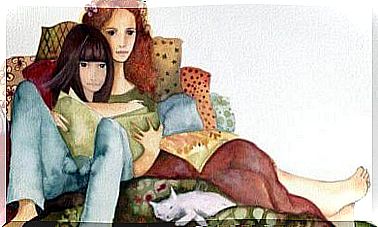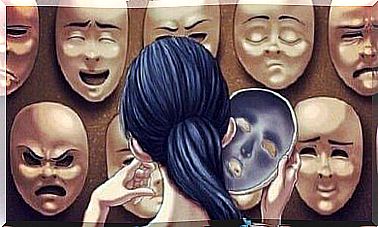Left In The Corner: The Forgotten Child
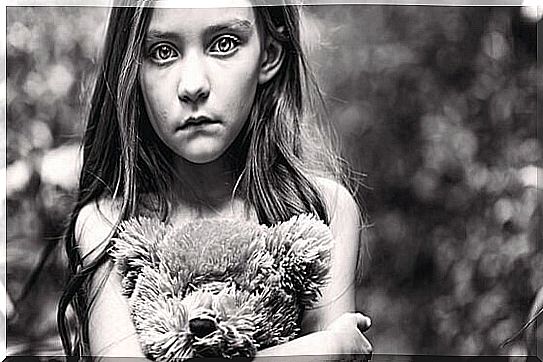
The forgotten child. The child who was not loved by his parents. The child who grew up in a corner. He will be stuck there for a long time, even when he grows up, because his childhood was stolen from him. He is still tied to the hungry and angry child he once was. He is still in his childhood trauma.
The book Parenting from the Inside Out by psychiatrist and professor Daniel J. Siegel offers the perfect terminology associated with the forgotten child: shame culture. Behind these words is a buried reality that we are not always aware of.
We are talking about the little child who lives ashamed and confused because he does not live with a typical family. It is a family without recognition, compassion and a sense of security.
The forgotten child does not have a role in the home. It is the child who asks and never gets, the child who has learned that it is pointless to cry. It is the child who never saw himself reflected in the eyes of his parents or felt their warmth. The forgotten child who never had a real home or a love that assured him that everything would be fine. No one taught him to believe in magic, in the universe or even in himself.
These children in the culture of shame eventually lose themselves in the midst of anger and silence, and this is a scenario that is very common in our society.
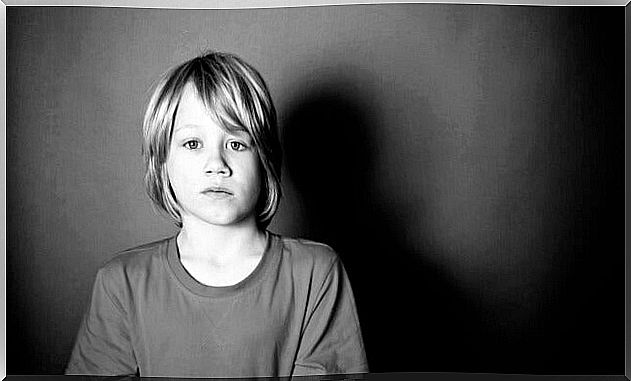
When we think of the forgotten child, we often think of dysfunctional families. These are environments where physical and verbal abuse, immature parents and mental trauma are common, where the child is marginalized. An environment characterized by emotional imbalance, insecurity and fear.
However, it is important to clarify something: the forgotten child lives closer to us than we think. He can also be our neighbor. He may live in an elegant three-story house or have parents who seem friendly and smiling. You may see them walking with their silent children, a sadness in his eyes when they take him to school or to his activities after school.
He may have his own keys and you see him go in and out of the house himself because his parents work every day, as they should. They come home tired without energy to interact with or listen to him. This should never happen. In this situation, there is no violence, but the dysfunctional situation is obvious. This is also a form of abuse: the lack of true love, the lack of a conscious and present parent.
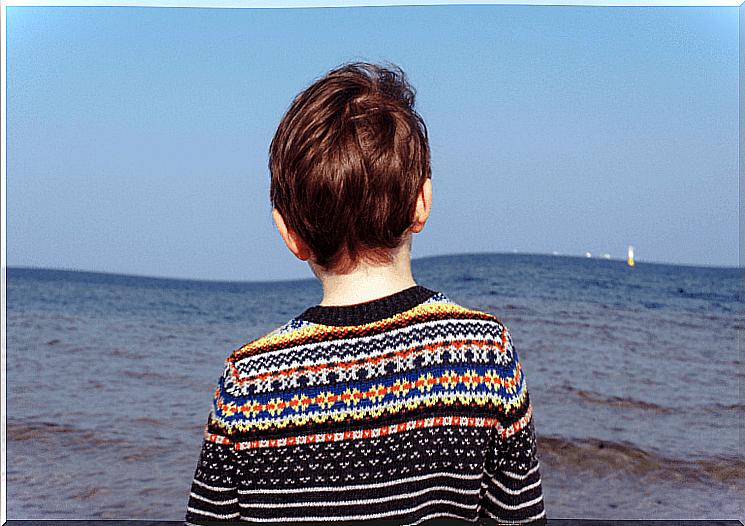
No one should live in a dark room without care. Spending childhood in this type of environment, full of shadows and carelessness, will create an internal conflict in the child that can take a long time to recover from. Elisabeth Kubler-Ross wrote in her book On Grief and Grieving that those with traumatic childhoods have to go through a very special type of grief.
The Swiss-American psychiatrist explained that it is like starting an operation on a series of disordered feelings in boxes. Each box gets messier the deeper you go. It is a chaotic inner world where everything exists at once: anger, disappointment and depression.
The forgotten child often becomes an unreachable adult who keeps to himself and cannot form lasting and meaningful relationships. The reason for this is that she still lives in this culture of shame, where she constantly wonders what she did to not be worthy of love. She never got the love she needed to grow as a person.
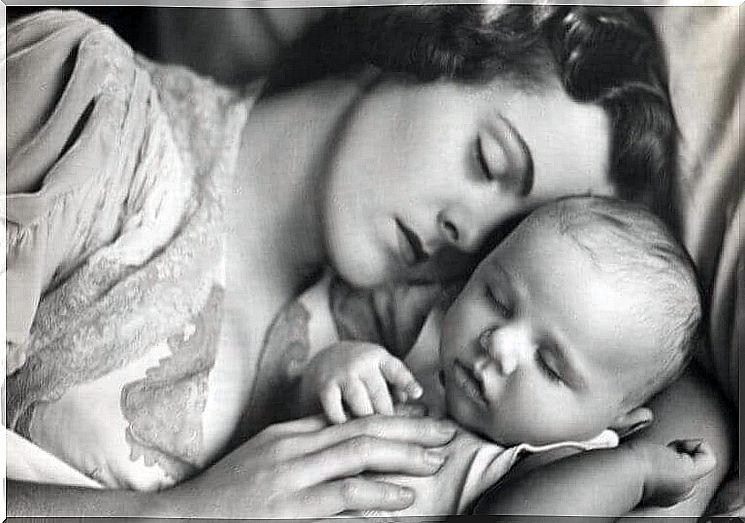
No one deserves to live in a corner, especially not children. Our little ones deserve to be taken care of with loving words. They deserve our time even when we have had a long day. They also deserve our attention.
I want to end with a suggestion: invest in raising your children. Let us avoid leaving behind forgotten children and lost childhoods. Think about the consequences of your actions and how this will affect your child’s life.
